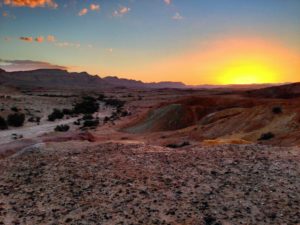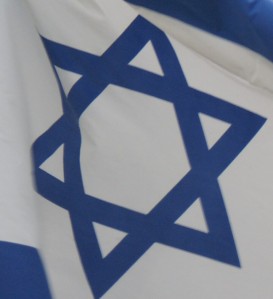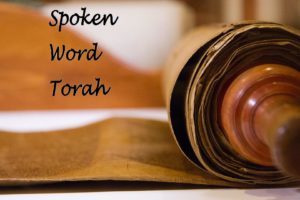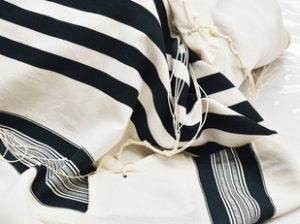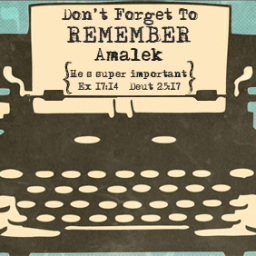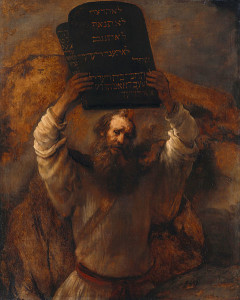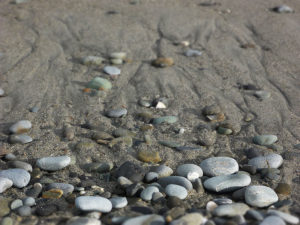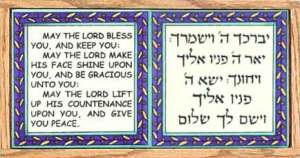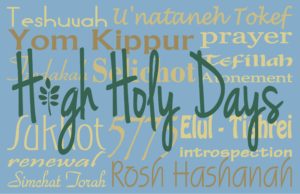Here are two prayers for this week’s double Torah reading: Matot-Masei. Matot stresses the sacredness of vows to God. They’re serious, solemn and binding. “Vows” portrays love as a scared oath. In Masei we read: “…for blood, it polluteth the land…” (Numbers 35:33). Blood may not be spilled on holy ground. “Blood on Holy Ground,” a prayer for peace, expands the definitions of “innocent blood” to all of humanity and “ground” to the entire earth.
Vows
What vow can I make before You
God of the ages?
What vow can I make before You
My people?
Empty words sting the heart.
Empty promises rend the soul.
This is my pledge:
To love with all of my being,
To the best of my ability,
Even when love seems to have departed.
Yes, some days I will love
More deeply, more fully,
You, my God,
And you, good people.
Some days I will struggle
Even to love myself.
Yet here is my vow,
Simple and pure,
To remember that love surrounds us.
Not to give up
On love,
On loving,
On the love that flows from You,
On the love that surrounds us all.
“Vows” is © 2017 Alden Solovy and tobendlight.com. All rights reserved.
Blood on Holy Ground
We have all shed blood on holy ground.
Christians. Muslims. Jews.
We have all used anger, violence and hatred
To prosecute our cause.
Woe unto the land
That has soaked in so much blood.
Woe unto the generations
That has soaked in so much death.
We have all shed tears on holy ground.
Christians. Muslims. Jews.
We have all buried the lost
And dressed the wounds
Of those who prosecuted our cause.
Woe unto the generations
Who have tasted so many tears.
Let no one proclaim innocence.
Let no one proclaim justice.
Let no one proclaim God’s blessing.
We have all prayed for peace on holy ground.
Christians. Muslims. Jews.
Woe unto the land
That has waited for our words to become deeds.
Let these hopes become the work of our hands.
Let these blessings become the work of our hearts.
Let no blood be shed on holy ground.
Let all ground be holy.
And let peace spread to the four corners of the earth.
“Blood on Holy Ground” is © 2015 Alden Solovy and tobendlight.com. All rights reserved.
Postscript: My other prayers for peace include: “For Peace in the Middle East,” “To Win the Peace,” “Children of Gaza, Children of Israel” and “When Peace Comes: A Meditation.” “Blood on Holy Ground” first appeared on this site on July 14, 2015.
Please check out my ELItalk video, “Falling in Love with Prayer,” and This Grateful Heart: Psalms and Prayers for a New Day. For reprint permissions and usage guidelines and reprint permissions, see “Share the Prayer!” To receive my latest prayers via email, please subscribe (on the home page). You can also connect on Facebook and Twitter.
Photo Source: Wikimedia Commons

